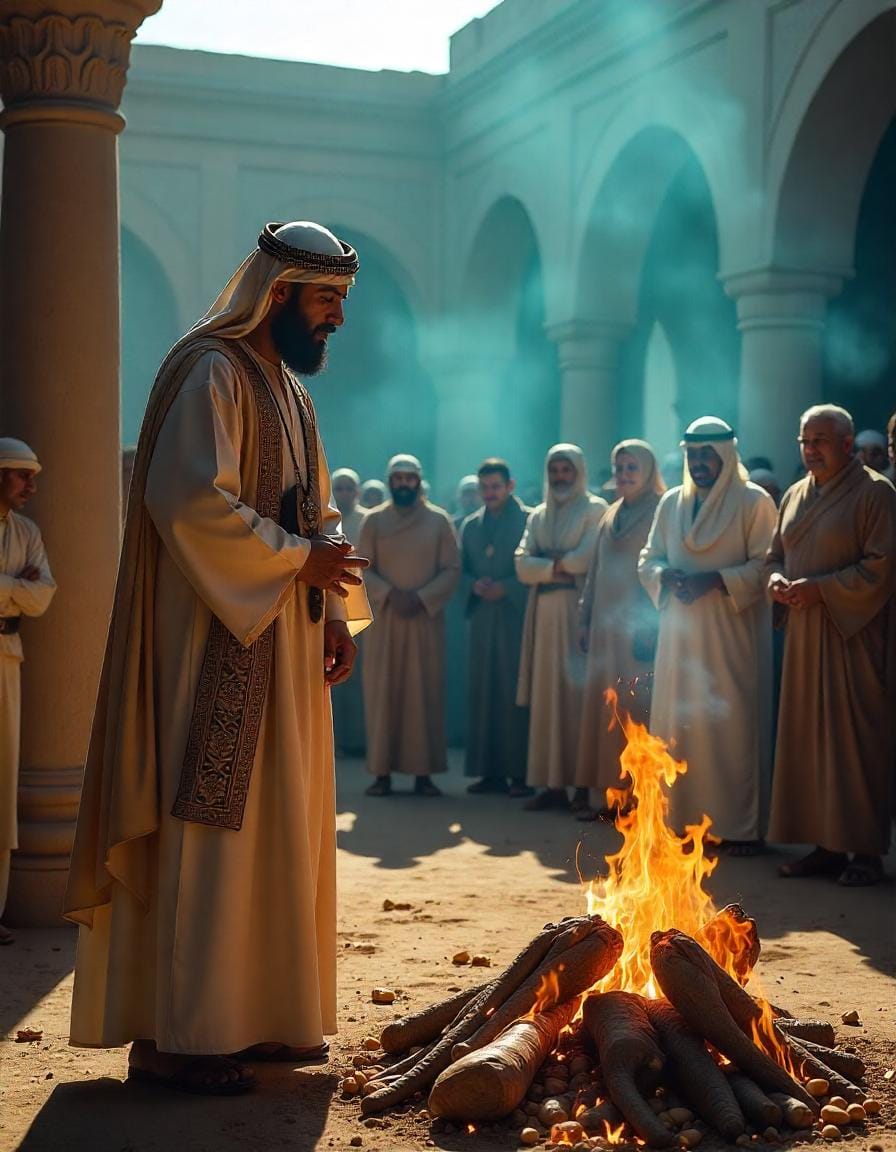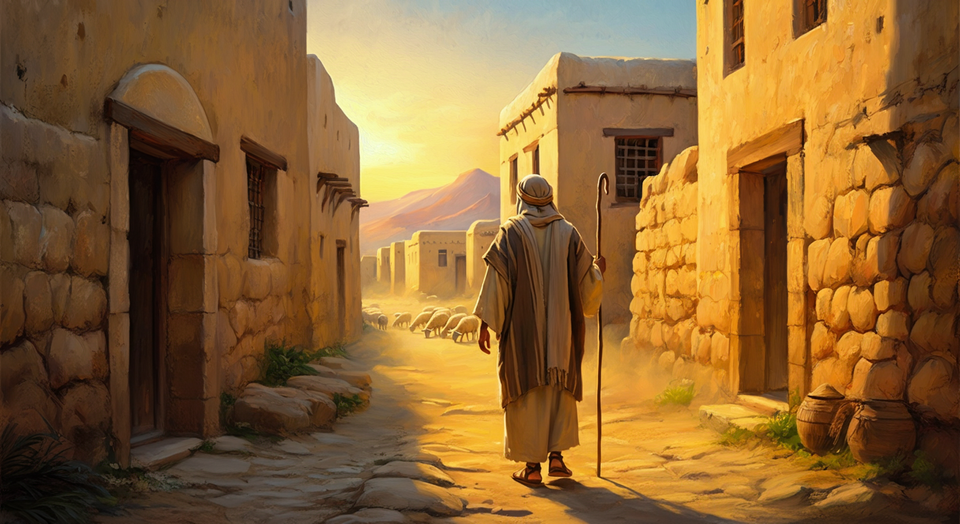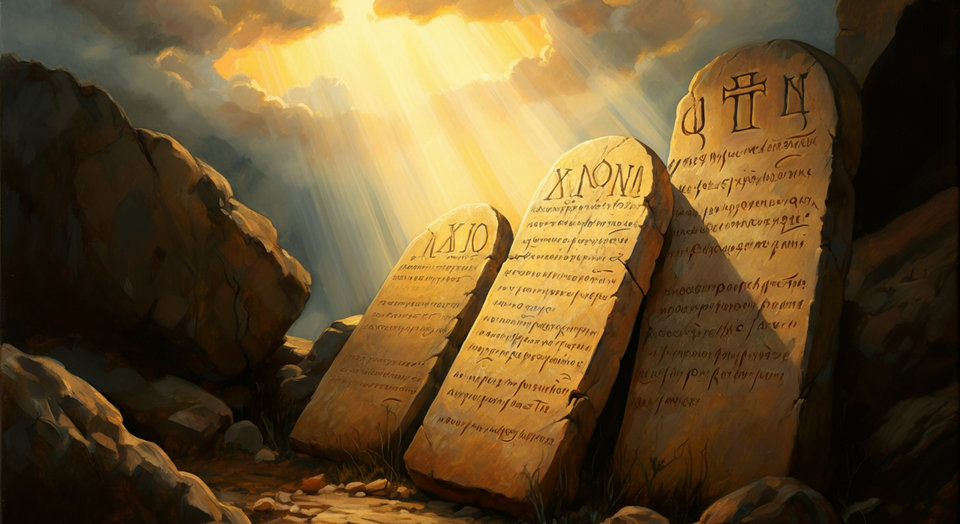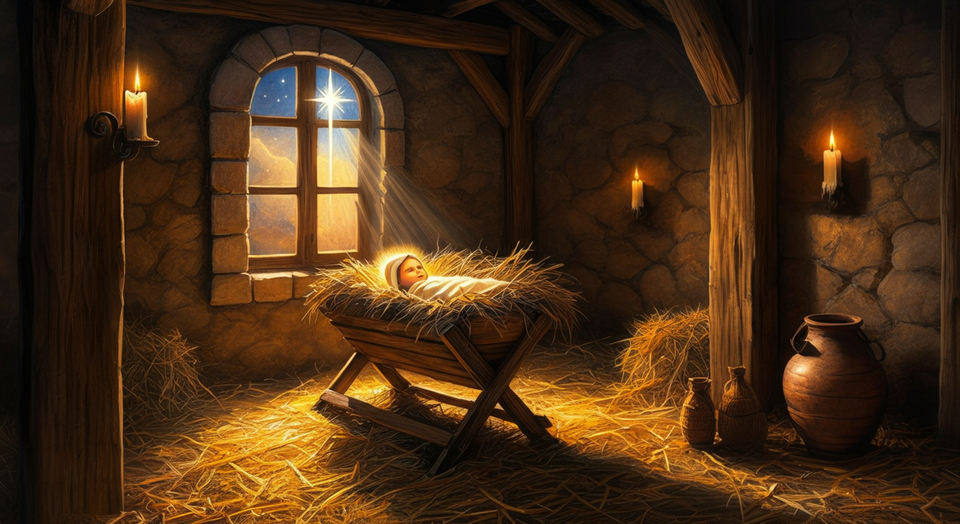The sacrifices in Leviticus 1 are too complicated. Why are the sacrifices so complicated?

Question
The sacrifices in Leviticus 1 are too complicated. Why are the sacrifices so complicated? It almost seems like a hierarchical way to earn respect for themselves
AI Answer
The complex ceremonial laws of Leviticus are not simply about hierarchy or authority; they have deep spiritual and practical implications. We can understand this from three main perspectives
First, the complexity of the ritual symbolized the solemnity and holiness of the encounter with God. While they may seem unnecessary from a modern perspective, in the cultural context of the time, these detailed procedures were a pedagogical tool to teach people how special and important it is to approach a holy God.
Second, the complex ritual system contributed to community cohesion and identity: by offering sacrifices in the same way for all Israelites, they shared a common language and culture, which reinforced their religious unity.
Third, each of the detailed procedures has a spiritual meaning. For example, the process of washing the offering and knitting the angle symbolizes thoroughly repenting of one's sins and giving oneself completely to God.
Question
So what does it mean that these complex rituals have been lost in modern Christianity?
AI Answer
The disappearance of Old Testament rituals in modern Christianity is directly linked to the event of the cross of Jesus Christ. This is not just the abolition of ritual, but an essential change in faith.
By offering himself as the “perfect sacrifice,” Jesus Christ fulfilled the ultimate purpose of all sacrifices. Hebrews 10 explains that previous sacrifices were “a shadow of the good things to come,” so in modern Christianity, the emphasis is on inward worship and living worship instead of outward rituals.
It's actually a call for a higher level of spirituality. Because while the outward rituals are gone, the underlying meaning of holiness and devotion must be practiced in every moment of every day.
Question
If Jesus hadn't existed, would we have had to do complicated sacrifices?
AI Answer
This question calls for some very interesting theological and historical insights. The Old Testament sacrificial system was inherently “temporary” in nature. Hebrews 10:1 states that “the law is only a shadow of the good things to come,” suggesting that the sacrificial system was essentially a “stopgap measure” rather than a “complete solution.
If Jesus hadn't come, there were probably two possibilities
- Continuation of the sacrificial system: Sacrifices would have continued as a stopgap measure to cover sin, but they would not have solved the underlying problem.
- Another plan of salvation: God, in His sovereign will, may have accomplished the salvation of mankind in another way.
However, this is a purely hypothetical discussion. This is because the Bible tells us that salvation through Jesus Christ was planned before the foundation of the world.



